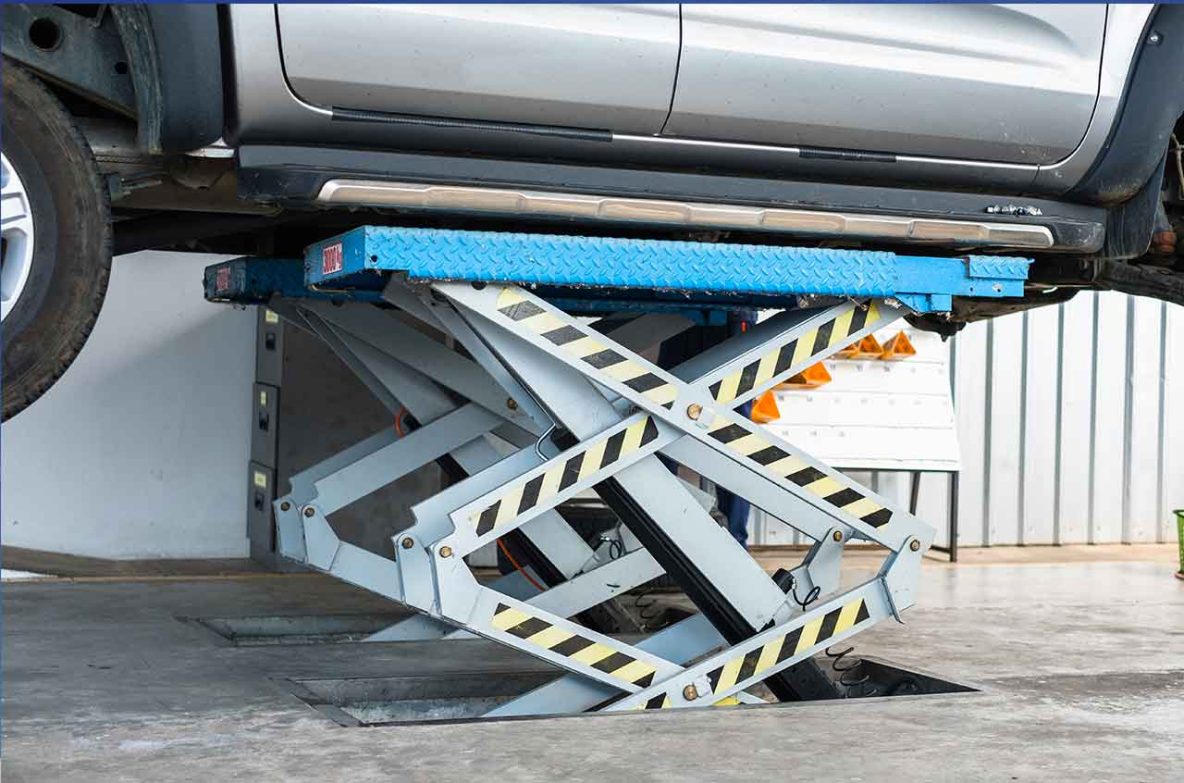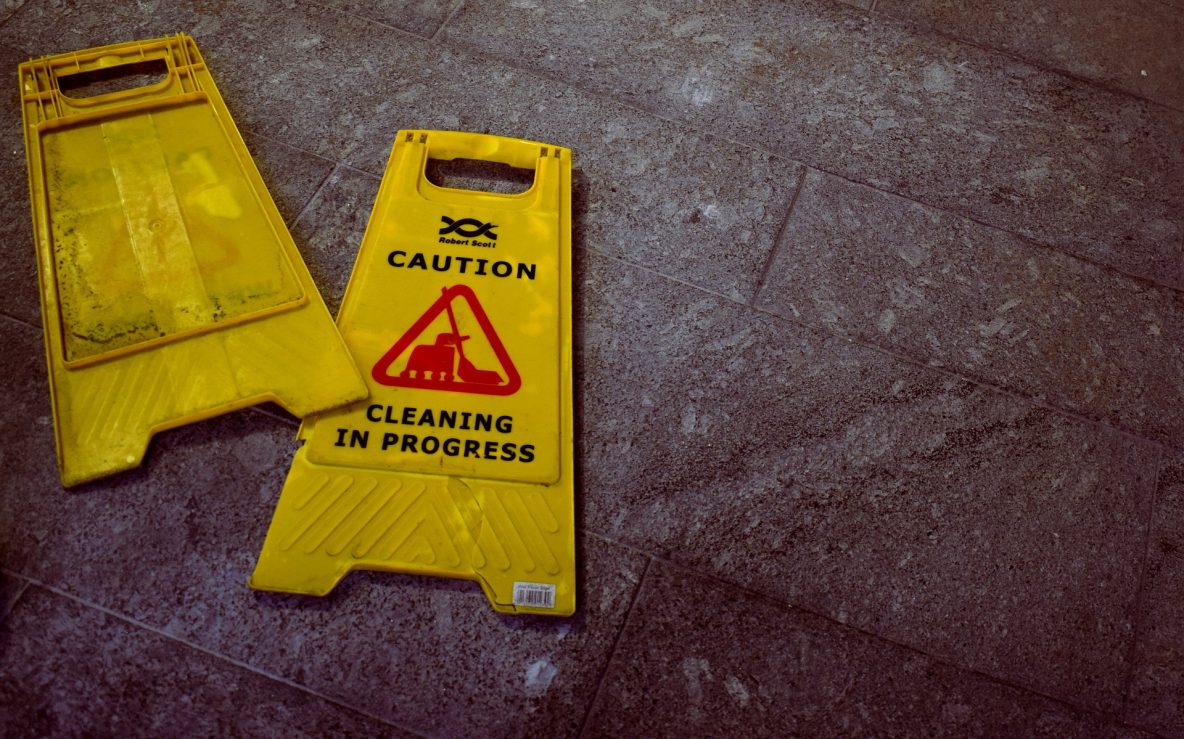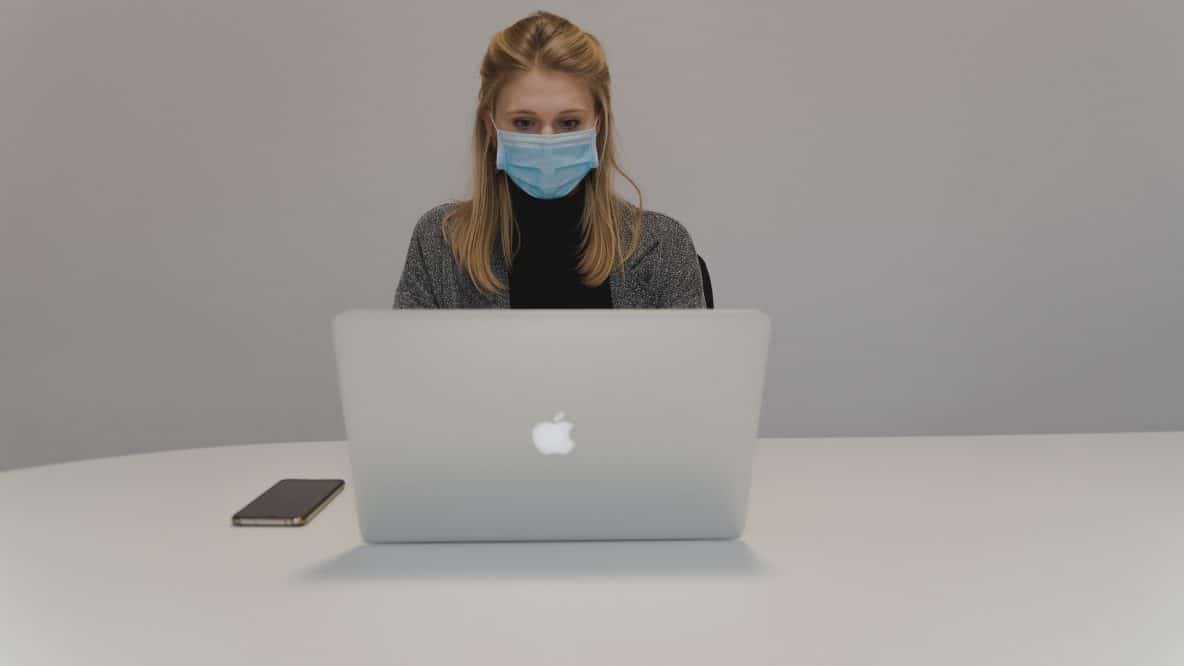Alerts have been issued by the Office for Product Safety and Standards regarding the following models of scissor lift. Tecalemit Scissor Lift SF9094 or 5 and SF9064 or 5 (Manufactured 2014 – 2018) Saturnus EV 40, 45 and 50 Scissor Lift (Manufactured 2014 – 2018) The manufacturer had previously identified a potential weakness in a weld on the scissor lifts, … Read More
Why risk management is important for all organisations as they return to work

LATEST ILL HEALTH AND INJURY STATISTICS PUBLISHED
The HSE has issued their latest annual statistics for levels of work related injury and ill health in the UK covering the period April 2020 to March 2021. Not surprisingly it is understood that these statistics have been significantly affected by the Coronavirus pandemic making comparisons with previous years difficult. The figures show that 1.7 million workers were suffering from … Read More
INTRODUCING NATASHA’S LAW
Allergies or intolerances to various substances are a part of everyday life, it is estimated that 2 million people in the UK have some form of food allergy or intolerance. While for many people an allergic reaction may be uncomfortable but not severe, sometimes the consequences of consuming the wrong food can be devastating. In July 2016, while on a … Read More
HSE LAUNCH WORKING MINDS CAMPAIGN
In normal years it is estimated that around 600,00 workers suffer from work-related stress, depression or anxiety (new or longstanding) and over 12 million working days are lost to these causes, making this the number one cause of employee sickness absence. With added anxiety caused by Coronavirus, it is no surprise that this is a serious issue. Recently the HSE … Read More
ENFORCEMENT ACTION FALLS IN 2020/21
The latest figures issued by the Health and Safety Executive (HSE) show a fall in the number of prosecutions and notices issued for breaches of health and safety regulations in 2020/21. In the latest year, 185 cases prosecuted by the HSE (or referred to the Crown Office and Procurator Fiscal Service for prosecution in Scotland) resulted in a conviction for … Read More
MORE NEW COVID SAFETY RULES FOR SCOTLAND AND WALES
Last week the Welsh Government announced that from 27th December nightclubs must close and there will be a 2 metre rule on social distancing in offices and extra measures to protect customers and staff. The Welsh Government provided some more detail and brought the introduction of the new measures forward to 26th December with the announcement of a return to … Read More
NEW WORKPLACE COVID SAFETY RULES FOR SCOTLAND AND WALES
In Scotland new regulations were introduced on 17th December. Under previous regulations, employers were required to have regard to guidance published by the Scottish Government. The new regulations expand on this, and now require businesses to take measures based on official guidance to reduce the incidence and spread of the virus. Specifically, the regulations state that anyone who is responsible for … Read More
WORKING FROM HOME IN ENGLAND
The introduction of new COVID safety measures in England saw the return of a recommendation to work from home where practical, specifically advice that “Office workers who can work from home should do so from Monday 13th December”. Working from home advice in Scotland and Wales has not changed. The Government has now updated the official working safely guides for … Read More
WORKING IN ADVERSE WEATHER CONDITIONS
Working outdoors during the winter months can present risk to those who are unprepared. Icy conditions can be extremely hazardous for pedestrians and very challenging for drivers of moving vehicles and plant, working near to water in freezing temperatures requires extra care to ensure that ice patches are not created by work activities, and snow can greatly increase dangers. If … Read More








